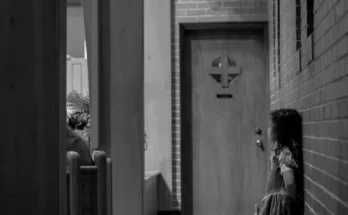My wife, a dedicated friend, used to spend herself completely on helping her best friend Maddi—especially since Maddi’s twins arrived and her husband’s hours went long. Nursing newborns while juggling her own work, my wife pressed through exhaustion and chronic back pain, always insisting she was fine.
But one night, she came home pale and trembling from the relentless demands, her phone buzzing again with pleas for more help. I gently took the phone and firmly told Maddi that my wife needed rest and couldn’t help this time.
A few days later, my wife broke down, sharing that Maddi had been telling people I was controlling her life—that she was just my “puppet.” I was stunned. But I understood then that I’d done the right thing. My wife, exhausted and conflicted, reached for my hand and whispered, “Thank you for standing up for me. I didn’t want to go back, but I didn’t know how to say no.”
That moment taught me more than any apology could: boundaries aren’t just protective—they can also be a form of love. In learning to say no, she rediscovered her own strength—and I found a deeper appreciation for choosing to protect, not enable.


